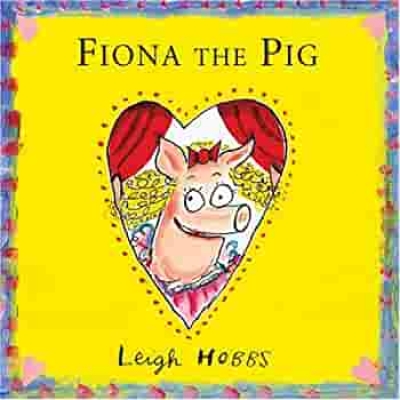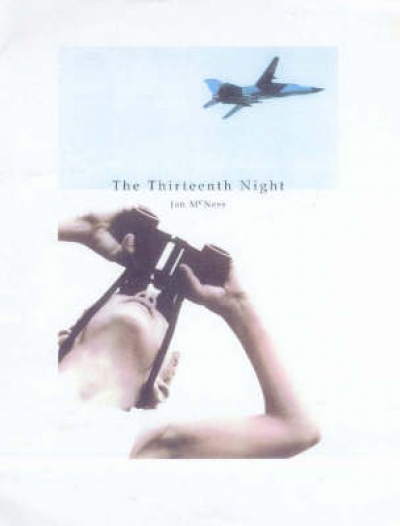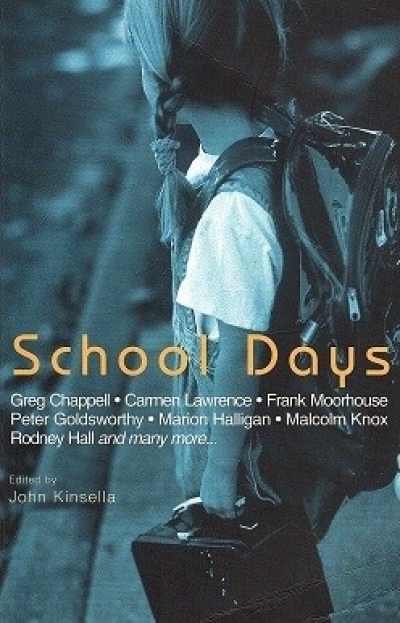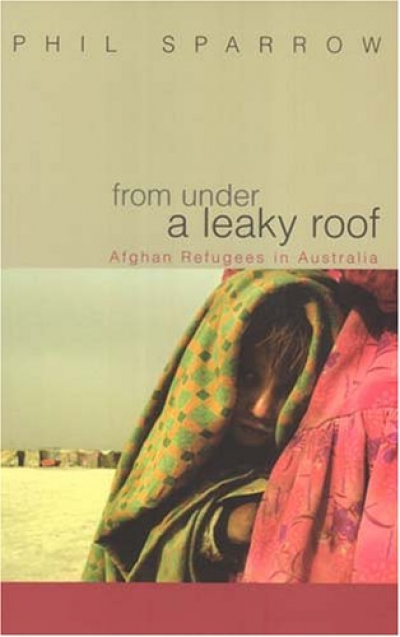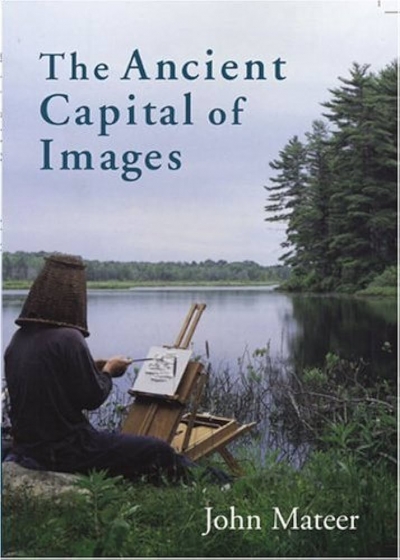FACP
Fiona the Pig by Leigh Hobbs & Too Many Pears! by Jackie French, illus. Bruce Whatley
Girls like books about friends and relationships. Boys like books about explosions and sport. Right? Like any generalisation based solely on gender, the answers are, invariably, ‘yes’; ‘sometimes’; ‘up to a point’ and ‘of course not’. This latest grab bag of junior fiction contains its fair share of ‘girlie’ books about friendship and ‘boyish’ books about sport. Thankfully, there are also some books to cater for other sections of the spectrum, including sensitive explorations of boys’ friendships and robust girls who trek up mountains.
Meg McKinlay’s Annabel Again (Walker, $14.95 pb, 143 pp, 9781921150104) lands us squarely in girlie territory. When Livvy’s best friend moves away, her world folds. With the best of intentions, her New Age mother hatches a plan to help Livvy forget about Annabel, as quickly as possible. But one year later, Annabel returns and Livvy believes things will be just the same again. But Annabel is distant and hostile, and nothing is the same. Can their friendship be resurrected? This book covers familiar ground, but the treatment of the girls’ friendships is refreshingly angst-free. This is a quick, humorous read that highlights both the strength and delicacy of friendship, and offers some sound advice about when not to listen to your mother.
... (read more)The Thirteenth Night by Jan McNess & Something More Wonderful by Sonia Orchard
In the current overwhelmingly dour landscape of Australian children’s fiction, it’s a welcome relief to pick up three books which at least claim to rely on humour for their effect. Of course, humour comes in different forms, with different purposes.
In Small Sacrifices, for instance, Beverley Macdonald isn’t looking for easy laughs. By its contrast with the harrowing events which constitute the story’s climax, the humour Macdonald injects into the first two thirds of the book effectively maximises the impact of the tragedy. Central to the fun at the beginning are the members of the bizarrely extended family belonging to the narrator, fourteen-year-old Harry. We meet them as they gradually assemble for Christmas at a beachside house in the town where Harry’s artily eccentric grandmother lives.
... (read more)
